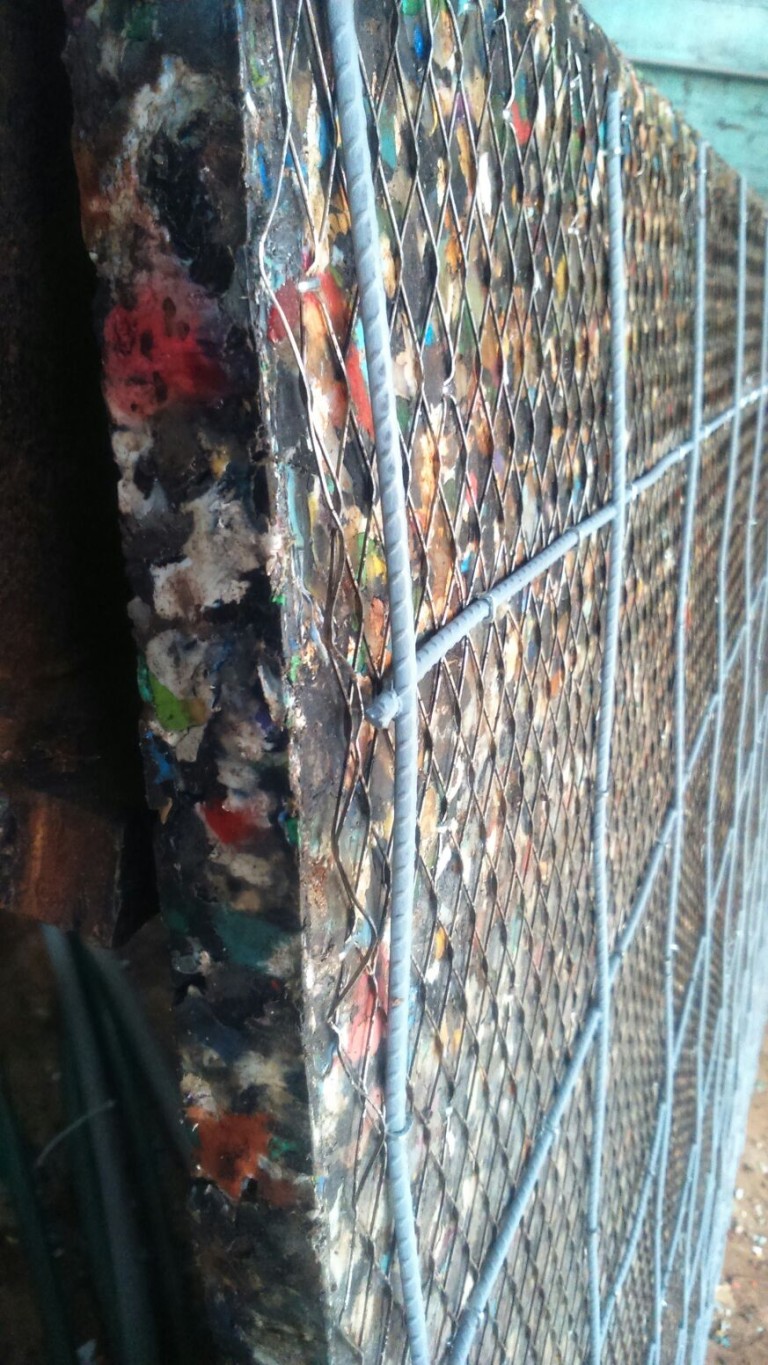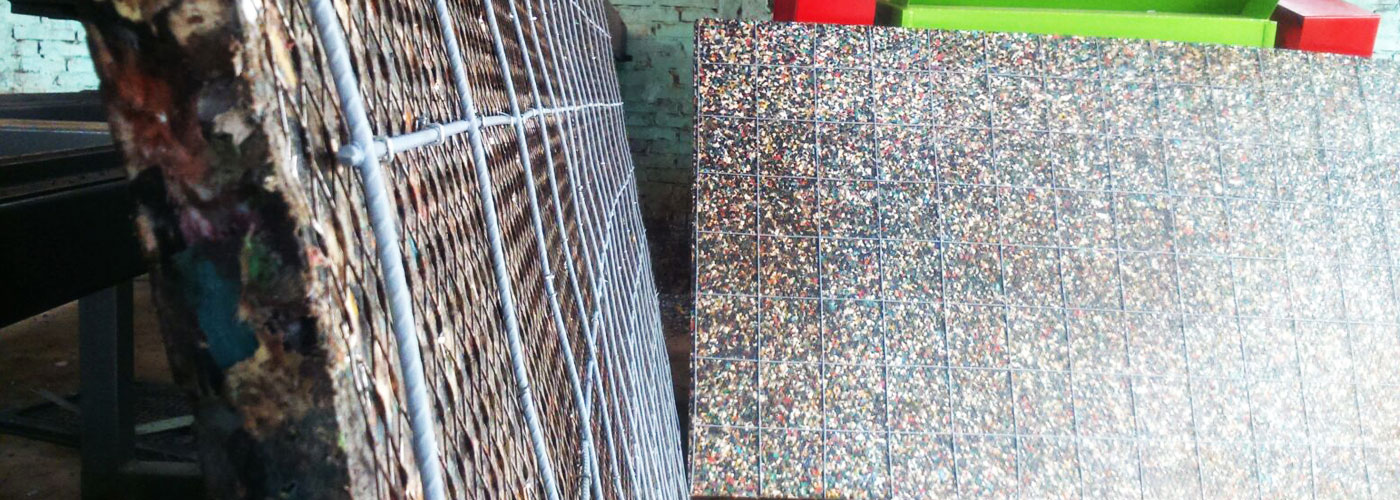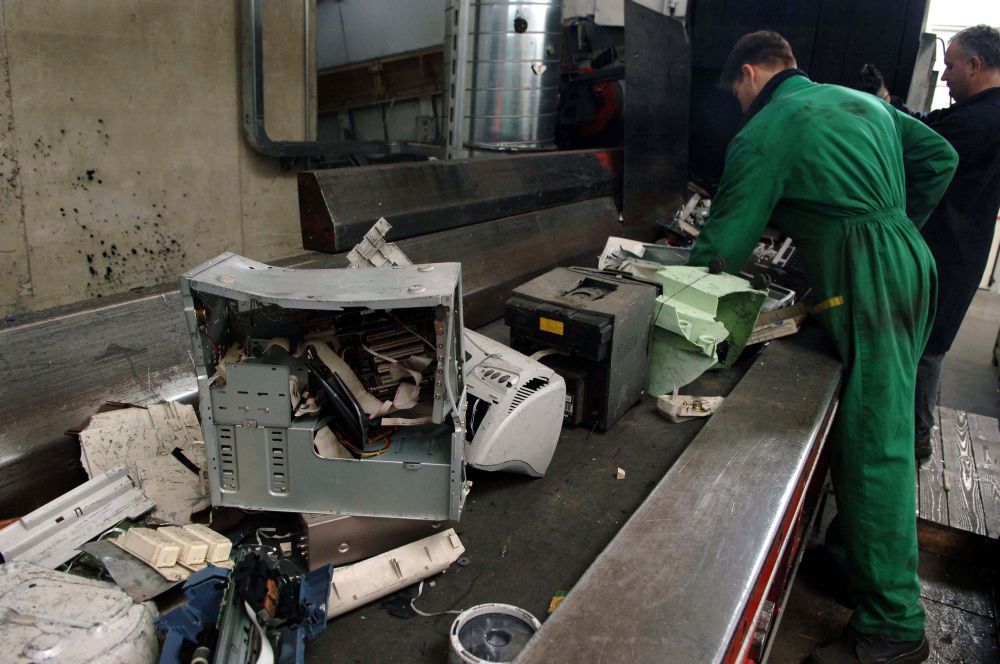17.12.2020
Affordable Housing By Plastic Waste
Growing awareness of PET environmental consequences is encouraging people to take action. Mexico’s Carlos González, CEO of EcoDom, is an example. His company, based in Xicotepec de Juárez, Puebla, turns plastic waste into construction materials to build affordable housing for low-income families. “Our goal is to deeply clean Mexico, and the world, of plastic by taking advantage of its properties’ potential for construction – it doesn’t biodegrade, get damp or moth-eaten,” the entrepreneur explains. The company recycles mainly PET, but also high-density Polyethylene (HDPE), polypropylene and acrylonitrile butadiene styrene (ABS), usually found in broken buckets, toys or bags. To create a wall, the company transforms around six kilograms of plastics. The whole process costs from 50 to 60 Mexican pesos, or nearly three dollars. EcoDom generates revenue from selling plastic-derived construction materials such as containing walls, earthenware, mezzanines and thermic roofs; but also from building houses and selling properties to low-income families. Credit: WASTE ED
Poverty deprives people of adequate education, health care and of life's most basic necessities- safe living conditions (including clean air and clean drinking water) and an adequate food supply. The developed (industrialized) countries today account for roughly 20 percent of the world's population but control about 80 percent of the world's wealth.
Poverty and pollution seem to operate in a vicious cycle that, so far, has been hard to break. Even in the developed nations, the gap between the rich and the poor is evident in their respective social and environmental conditions.
Poverty and pollution seem to operate in a vicious cycle that, so far, has been hard to break. Even in the developed nations, the gap between the rich and the poor is evident in their respective social and environmental conditions.












